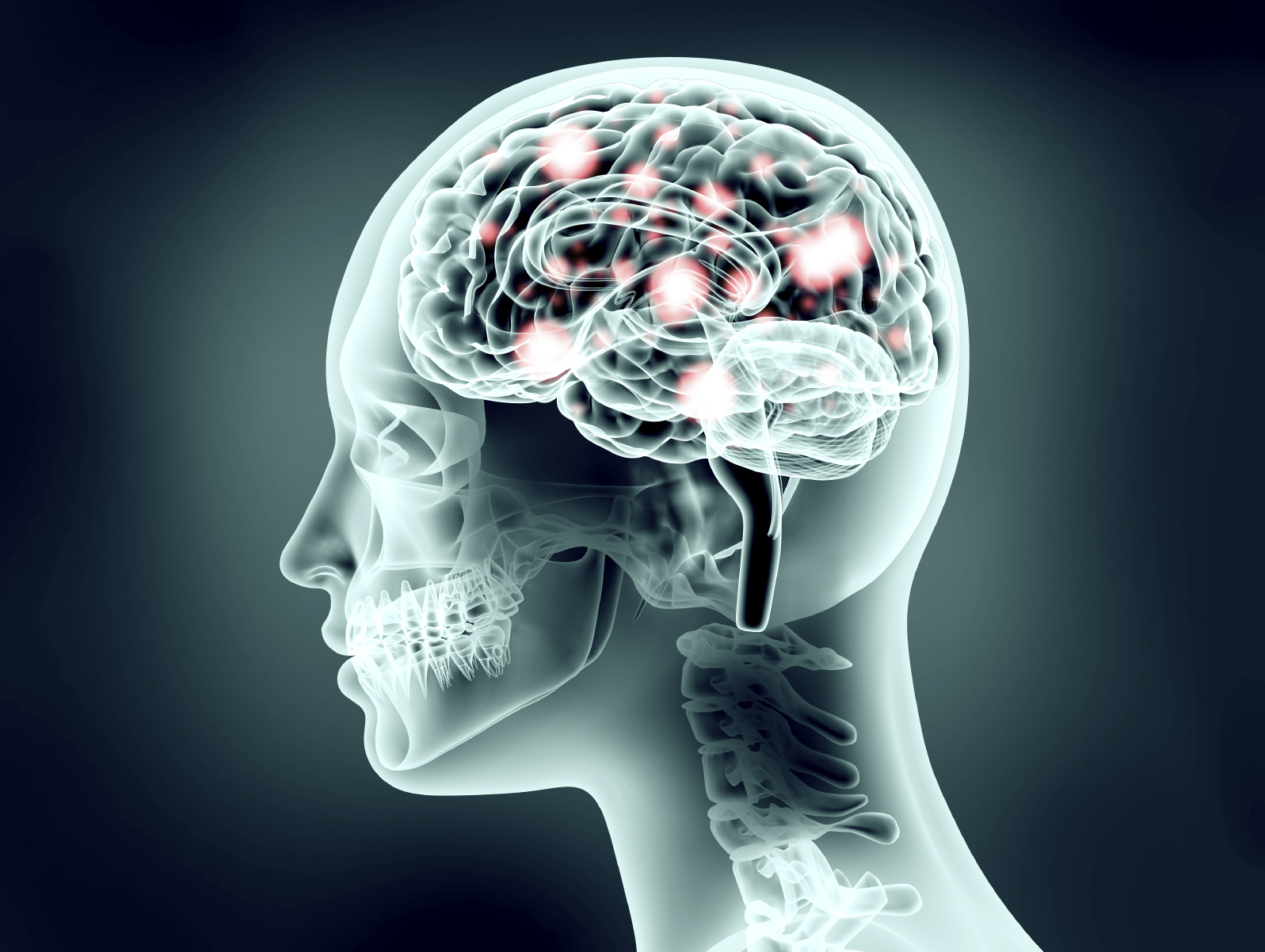Vasopharm drug could limit damage caused by brain injuries

A late-stage trial has begun of a drug which could limit damage done by traumatic brain injuries.
Every year, more than 1.6 million patient sustain a traumatic brain injury in the EU, and 70,000 of these die, with a further 100,000 left disabled.
Based in Wurzburg in Germany, Vasopharm has developed ronopterin (VAS203), and believe the drug can prevent damage being done to the brain when infused between six and 18 hours after the injury.
The privately held company says the first patient has been enrolled into the NOSTRA III (No Sythase in TRAumatic Brain Injury) trial, with results expected in 2019.
The NOSTRA III European confirmatory placebo-controlled trial is planning to enrol 232 patients suffering from a moderate to severe TBI who are hospitalised and have received an intra-cranial pressure probe.
In total, 35 European neuro-trauma centres in Germany, Austria, France, UK and Spain will participate in the trial.
Primary endpoint will be the extended Glasgow Outcome Scale evaluated at six months after the injury. Secondary efficacy assessments include Quality of Life (QOLIBRI) as well as Therapy Intensity Level (TIL) over 14 days after brain injury.
The Glasgow scale gives an objective assessment of recovery, ranging from a score of one, denoting severe injury or death without recovery of consciousness, and five, which indicates light damage and minor neurological and psychological harm.
There are few drugs available to treat traumatic brain injury (TBI), which is the leading cause of death and disability among young adults and occurs when a sudden trauma causes brain damage.
Medications are given to limit secondary damage to the brain immediately after injury include diuretics, which help reduce pressure inside the brain, anti-seizure drugs, and coma-inducing drugs.
A comatose brain needs less oxygen to function, and this is helpful if blood vessels are unable to deliver the usual amount of nutrients and oxygen to brain cells.
VAS203 is an analogue of the natural co-factor biopterin, which is involved in the generation of nitric oxide by the Nitric Oxide Synthase (NOS) family of enzymes.
VAS203 is believed to confer selective down regulation of inducible NOS (iNOS) without significantly inhibiting the function of other NOS enzymes.
It is believed that iNOS plays a key role in the cascade of damage caused to the brain following a traumatic injury.
Progress has been slow for the company up to this point, - it conducted its first-in-man studies of VAS203 in 2006, and phase 2 trials were completed in 2012. One of its biggest problems was a lack of funding, but in January Vasopharma raised €20 million from a venture capital consortium, allowing it to progress towards phase 3 trials.
Vasopharm CEO, Christian Wandersee, said: “We believe VAS203 will provide physicians with a real opportunity to improve long-term outcomes for patients with this devastating condition.”











